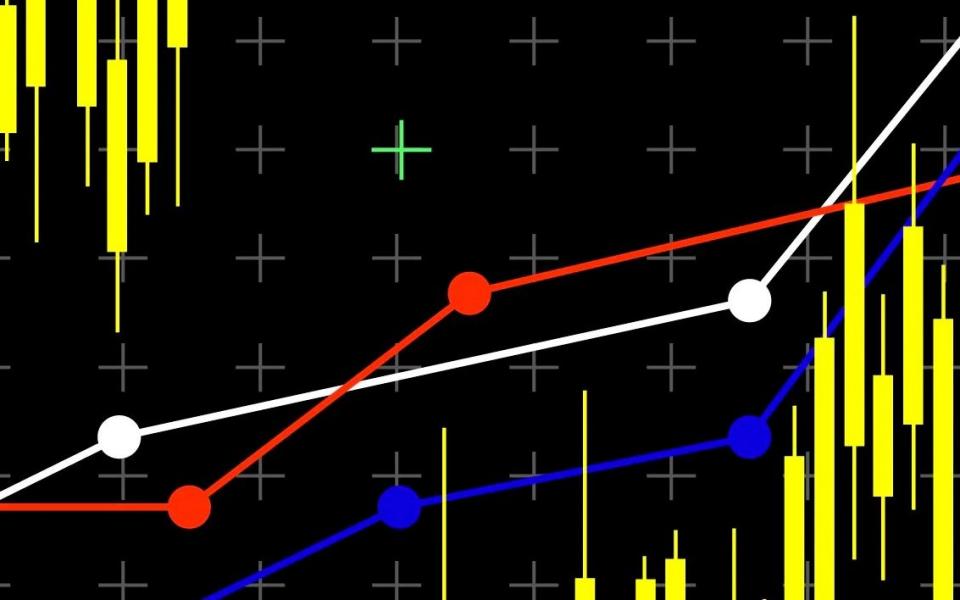Taking a longer-term view, these two venture capital trusts remain worthwhile holdings

Rapidly rising living costs could prompt some income investors to seek ever-higher dividend yields. While their investment portfolio may have provided a satisfactory income over previous years, rampant inflation and a challenging economic outlook may mean there is now a disparity between their income and outgoings.
However, in Questor’s view, high-yielding investments should come with a health warning. In the vast majority of cases, they have significant risks to be carefully considered before purchase.
For example, a high-yielding stock may be struggling in today’s low-growth economic environment and could cut its dividend to a level that makes it far less attractive from an income perspective. Or, as in the case of our income portfolio’s two venture capital trusts (VCTs), it may be exposed to smaller companies that are less likely to survive an economic slowdown.
Indeed, Baronsmead Venture Trust and Northern Venture Trust currently have historical dividend yields of 10pc and 7pc, respectively. Both figures are far greater than the FTSE 100’s 3.7pc dividend yield, and therefore extremely attractive to income investors in the current climate, but come with significantly higher risks than an investment in the large-cap index.
As well as their focus on investing in unquoted and Aim-listed smaller companies that do not have the geographical diversification or balance sheet strength of larger businesses, VCTs can be relatively illiquid.
They also tend to pay “lumpy” dividends due to their payouts being at least partly dependent on company realisations that can be somewhat erratic. As a result, they may not provide a stable income on which to rely.
Of course, in some cases the rewards offered by high-yielding investments are worth the risks. Having held both VCTs in our income portfolio since October 2016, this column feels they are an appropriate means of generating a high, yet fluctuating, dividend that is not currently subject to tax.
Clearly, their share price performance has been highly disappointing over recent years. Since our notional purchase in October 2016, for instance, Baronsmead’s shares are down 30pc and the capital loss on Northern stands at 20pc. In their latest results to September 2022, the former reported a 19pc annual decline in net asset value (NAV) while the latter’s NAV fell by 14pc as the valuations of growth-focused holdings came under severe pressure in an era of rapidly rising interest rates.
It is worth remembering, though, that Baronsmead has paid dividends of 39.25p per share since our notional purchase. This amounts to around 47pc of the original purchase price. Northern, meanwhile, has paid dividends per share of 40p since our notional purchase that equate to 57pc of the original purchase price. And since this column takes a long-term view and has a diverse portfolio of investments, the non-uniform payment of dividends is not a major concern.
Neither is a tough economic outlook that has prompted a “flight to safety” among investors and caused particularly weak sentiment towards listed small-cap stocks and unquoted companies. While they could remain unpopular in the short run, and may suffer considerably as rising interest rates put pressure on a wide range of sectors, low company valuations present Baronsmead and Northern with relatively attractive long-term buying opportunities.
Ultimately, the raison d’etre of VCTs is to buy companies at low prices and subsequently sell them at much higher prices. Although the next period of sustained economic growth may feel extremely distant at the moment, the track record of the UK economy suggests company performance, market valuations and investor sentiment are extremely likely to dramatically improve in the coming years.
Separately, the two trusts provide welcome diversification benefits in an era where some mainstream investments, notably bonds, have become relatively unappealing. And with Baronsmead and Northern having strong track records of realising a variety of holdings at sizeable multiples to their original outlay, they continue to offer long-term investment appeal.
Indeed, their generous dividend payments over recent years highlights their capacity to generate an attractive income stream over the long run. They undoubtedly carry greater risk than many other investments, which could deter some income seekers from buying them. But since this column takes a long-term view and has other sources of income in its portfolio, they remain worthwhile holdings that have the potential to deliver improving total returns as the economy recovers.
Questor says: hold
Ticker: BVT
Share price at close: 56.5p
Read the latest Questor column on telegraph.co.uk every Sunday, Tuesday, Wednesday, Thursday and Friday from 6am.
Read Questor’s rules of investment before you follow our tips.

 Yahoo Finance
Yahoo Finance 